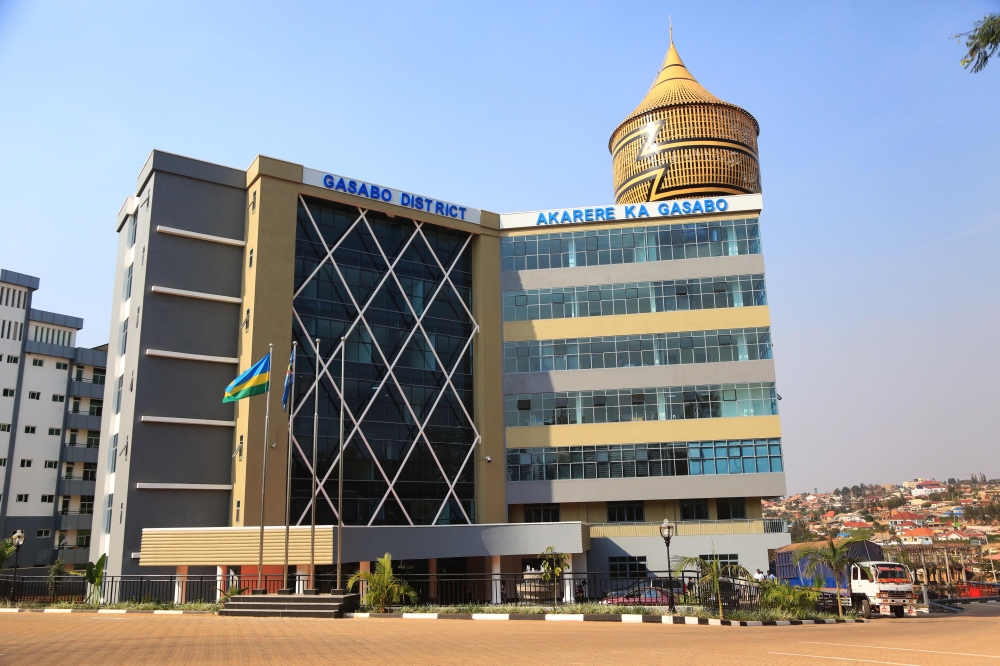Member countries of the East African Community (EAC) should urgently embrace the establishment of the single customs point as one of the ways of speeding up cross border trade, regional accountants have advised.


Member countries of the East African Community (EAC) should urgently embrace the establishment of the single customs point as one of the ways of speeding up cross border trade, regional accountants have advised.
It was one of the resolutions of a forum that attracted representatives of accountants’ bodies in Burundi, Tanzania, Burundi, Rwanda and Tanzania. The forum in which the 2013/14 financial year budgets of these bodies were reviewed, took place in Kigali recently.
"The establishment of single customs territory and progress implementation of the common market protocol are vital and should be considered urgently for EAC members to spur economic growth in the respective countries,” said George Maina, the senior tax manager at PKF Kenya.
PKF Kenya is among the leading accountants and business advisers firm in Eastern Africa. The forum also aimed at ensuring which particular areas the bodies will focus on in their respective countries to contribute towards national development as well as speeding up the EAC integration process.
Maina noted that it takes cross boarder traders a lot of time to get to their respective destinations due to roadblocks on highways and the double customs check points, which slows trade and hinders economic development.
Francis Mugisha, the president of the Institute of Certified Public Accountants of Rwanda(ICPAR), the organisers of the forum, said that the main objective was to have a common understanding.
Another issue that also took center stage was infrastructure development, especially the road network, which is the main transport channel among the EAC member states. Participants said that poor infrastructure leads to slow movement of goods.
Mugisha added that through the ministries of finance of each country, resolutions will be pushed to encourage EAC governments to consider their resolutions.






